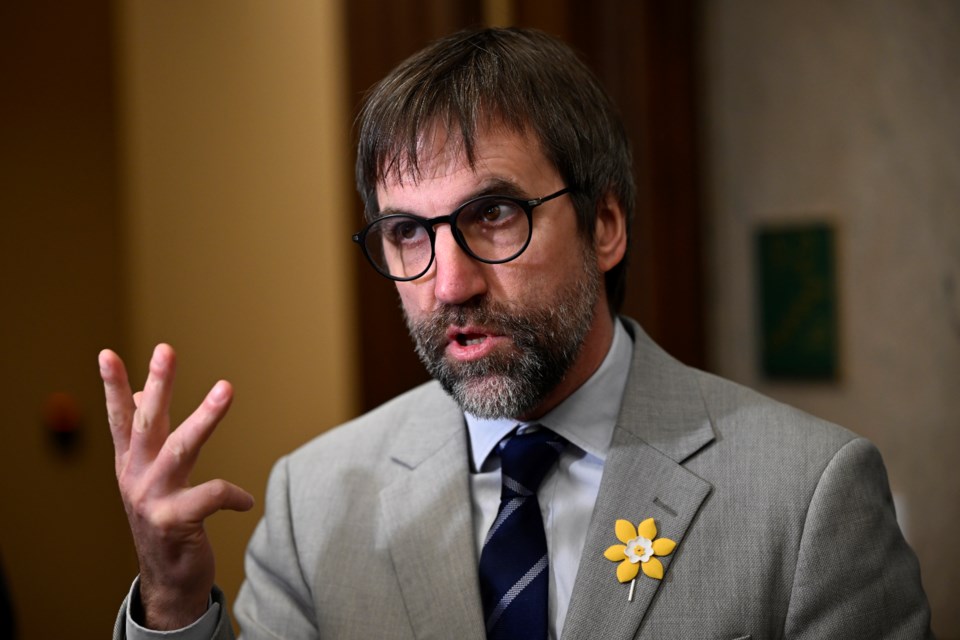Canada has reached an agreement with 15 First Nations over the terms of a Ring of Fire regional assessment, something the federal government is describing as a “milestone” in the project.
In a news release issued Monday, the federal government said a working group, composed of members from 15 First Nation partners in addition to representatives from the Impact Assessment Agency of Canada, has been tasked with conducting the regional assessment.
Among the list of participants is Neskantaga First Nation, who has long been fighting for further Indigenous consultation, arguing the development of the region could threaten their way of life.
“The terms set out how the co-led regional assessment will provide information on the impacts of any potential future development and reflects a joint commitment of all the parties to work cooperatively throughout the process,” the release explained.
The assessment will study the potential environmental, health, social and economic effects of the development.
Once the assessment is complete, a report will be sent to chiefs and the federal environment minister. The entire process is anticipated to take about two and a half years.
The final report will be translated into Cree, Ojibway and Oji-Cree.
Environment Minister Steven Guilbeault first requested a regional assessment in 2020, with meetings between the federal government and Indigenous communities starting later in the fall of 2023.
As of January 2022, there were about 26,167 active mining claims for the region held by 15 companies and individuals.
Movement, however, has been slow, with the provincial government focusing on access roads to the region. Environmental assessments are still underway with further details coming in March, Mines Minister George Pirie told The Trillium early last week.
The announcement comes as Premier Doug Ford pitches fast-tracking the Ring of Fire and other critical mineral mining projects as part of his “Fortress Am-Cam” plan. Ford emphasized that Ontario has large deposits of nickel, titanium and other minerals that could be shared with the U.S.
"Ontario and Canada's abundant supply of critical minerals — essential for the advanced military technologies that will define geopolitical and economic security for the next century — are a key strategic advantage,” the premier said.
NDP Indigenous critic Sol Mamakwa praised the federal government for engaging with First Nations, saying it shouldn't be a process "where you jump on a bulldozer."
"That's very, very different, a total contrast, on the approach of this provincial government versus the federal government," Mamakwa said.
The comment appears to be a reference to remarks made by the premier, who has been promising to drive a bulldozer and build the access roads himself in an effort to get the project complete.




